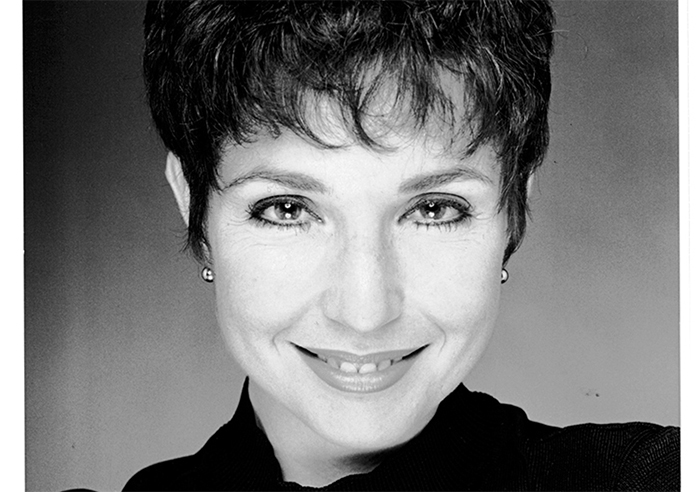Why do some people give up when they encounter challenges, while others who are no more capable continue to stay motivated and persevere?
There are techniques, based on age-old practices and supported by the latest research, that are effective in increasing our success. Research demonstrates that people who practice mindfulness (a state of present awareness in which we attend to ongoing experiences in a receptive and non-judgmental way) are more persistent, and ruminate far less about their own failures. They see their mistakes as problems to be solved. As a result, their persistence leads to success.
John, the vice president of marketing at a tech firm, became very discouraged when one of the company’s largest clients left. He found it increasingly difficult to reach out to new prospects because he kept focusing on the loss. When he started practicing mindfulness, his was better able to redirect his attention to what he was doing at that moment, which allowed him to move forward. John was able to bring in two even larger clients.
By staying focused on the present, he had better perspective of his feelings and frustrations, which reduced distractibility, and in turn, lead to better productivity.
When employees were trained in mindfulness practices, they registered increased emotional regulation, reduced fear and worry, which empowered them to be more productive experience less stress and enjoyed greater job satisfaction.
Conversely, individuals who did not practice mindfulness tended to be more emotionally reactive, less consistent and motivated. These individuals attributed poor performance to a lack of ability, which lead to decreased motivation.
When we understand that intelligence is pliable and emotional regulation of our states is a daily practice, our focus is on process and increasing our skills rather that simply relying on our smarts, believing that success is a direct result of effort.
By staying focused on what we are doing, we have better perspective on our feelings and frustrations, which reduces distractibility, which, in turn, leads to better productivity. Challenges are seen as interesting rather than intimidating and individuals tend to be happier – which turns on the learning centers in our brain, and increases creativity and satisfaction.
Mindfully managing our emotions allows us to maintain motivation and enables us to take action and produces healthier, happier and higher achievers.
With the preponderance of evidence of the benefits of mindful practice, the burning question is how to implement it in our lives? The answers lie in finding a good teacher, learning the skills that work best for you and utilizing daily practice.?
Linda Janasz is a journalist, empowerment coach, researcher, Emmy award-winning producer, Registered yoga Teacher (RYT 200) and holds a PhD. She has created and teaches a program called Mindfulness, Meditation and Movement (MMM) Training that has hundreds of individuals and corporations find balance and success. Visit: www.mindmedmove.com














